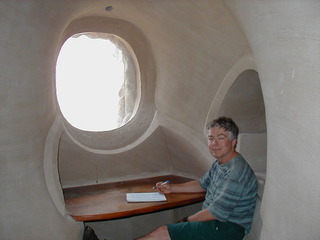Elinor ostrom and reclaiming the commons
the thinking that got us into our current mess, particularly but not solely climate climate change and environmental degradation, is inherently ill-suited to come up with remedies...
What we are up against is not just neoliberalism. It is a highly complex society, with most occupying very specialized roles, combined with capitalism, which requires a large majority of people to sell their labor to survive. Oh, and worse, sell that labor in a competitive market. That generally means that trying to do things differently as a current or prospective employee is likely to result in not having a paycheck.
Individuals are typically subject to multiple sets of responsibilities, and they often conflict. The number of conflicts tends to increase as societies become more complex, starting with family/tribal, local communities, national, global. Humans have seldom been good at working out how to manage competing levels of responsibility. The tensions and contradictions get greater as societies become more complex.

